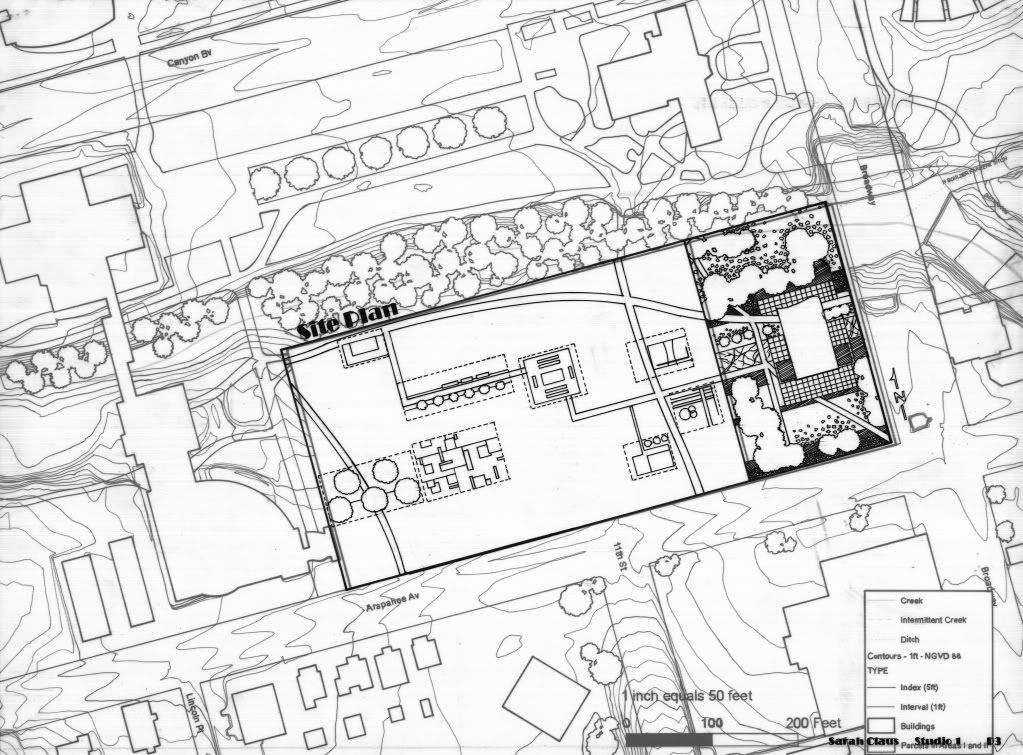For example, a public works project may require a geotechnical investigation consisting of a cer-tain number, type, and depth of borings, and may also specify the types of laboratory tests to be
performed.
The more common situation is where the client is relying on the geotechnical engineer to prepare a proposal, perform an investigation, and provide foundation design parameters that satisfy the needs of the project engineers and requirements of the local building officials or governing authority.
The general requirements for foundation engineering projects are as follows:
1. Knowledge of the general topography of the site

2. The location of buried utilities such as electric power and telephone cables, water mains, sewers

3. The general geology of the area with particular reference to the main geologic formations

4. The previous history and use of the site including information on any defects or failures of existing or former buildings attributable to foundation conditions

5.Any special features such as the possibility of earthquakes or climate factors such as flooding,
seasonal swelling and shrinkage, permafrost, or soil erosion

6. The availability and quality of local construction materials such as concrete aggregates, build-ing and road stone, and water for construction purposes
7. For maritime or river structures, information on tidal ranges and river levels, velocity of tidal and river currents, and other hydrographic and meteorological data
8. A detailed record of the soil and rock strata and groundwater conditions within the zones affected by foundation bearing pressures and construction operations

9. Results of laboratory tests on soil and rock samples appropriate to the particular foundation
design or construction problems


10. Results of chemical analyses on soil or groundwater to determine possible deleterious effects of foundation structures


In summary, it is essential that the geotechnical engineer know the general requirements for the
project (such as the 10 items listed earlier) as well as local building department or other regulatory
requirements. If all required items are not investigated or addressed in the foundation engineering
report, then the building department or regulatory authority may refuse to issue a building permit.
This will naturally result in an upset client because of the additional work that is required, delays in
construction, and possible unanticipated design and construction expenses.
9. Results of laboratory tests on soil and rock samples appropriate to the particular foundation
design or construction problems
10. Results of chemical analyses on soil or groundwater to determine possible deleterious effects of foundation structures

In summary, it is essential that the geotechnical engineer know the general requirements for the
project (such as the 10 items listed earlier) as well as local building department or other regulatory
requirements. If all required items are not investigated or addressed in the foundation engineering
report, then the building department or regulatory authority may refuse to issue a building permit.
This will naturally result in an upset client because of the additional work that is required, delays in
construction, and possible unanticipated design and construction expenses.
Thanks for visiting my blog, I'll keep posting new entries and sharing my knowledge with all engineers around the world.
ReplyDelete